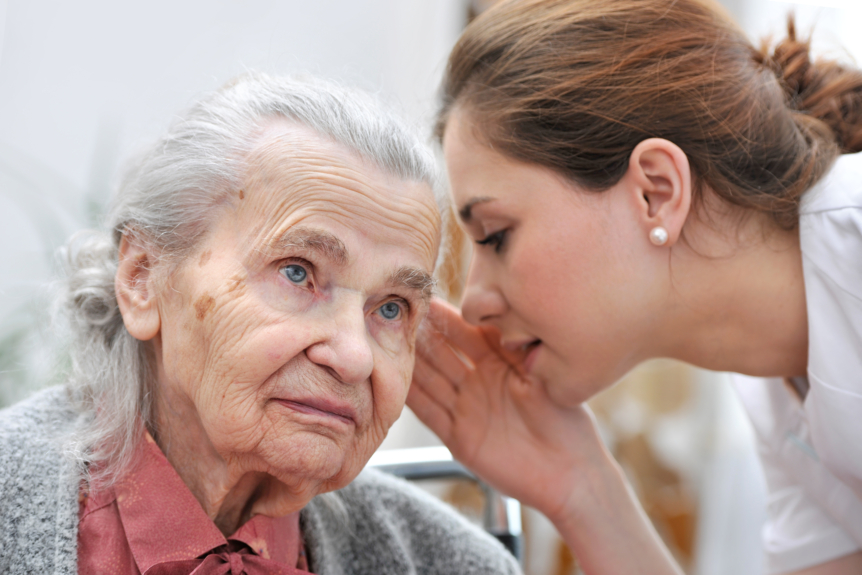Tips on effective communication with elderly clients, including using clear language, speaking at an appropriate volume, and being patient and respectful. As a caregiver for elderly clients, effective communication is essential for building trust and ensuring that their needs are met. However, communicating with the elderly can be challenging, as they may have hearing loss, cognitive impairment, or difficulty processing information. In this article, we’ll provide tips on effective communication with elderly clients, including using clear language, speaking at an appropriate volume, and being patient and respectful.
- Use clear language: When communicating with elderly clients, it’s important to use clear and simple language. Avoid using technical jargon or complex terms that may be difficult to understand. Use short sentences and speak in a clear and concise manner.
- Speak at an appropriate volume: Many elderly clients have hearing loss, so it’s important to speak at an appropriate volume. Speak clearly and loudly enough to be heard, but avoid shouting. If the client has difficulty hearing, try to position yourself so they can see your face and lips while you speak.
- Be patient and respectful: Elderly clients may take longer to process information or respond to questions. Be patient and give them time to think and respond. Avoid interrupting or finishing their sentences for them. Be respectful and attentive and show that you value their input and opinions.
- Use nonverbal cues: Nonverbal cues can be just as important as verbal communication when working with elderly clients. Use facial expressions, gestures, and body language to convey your message. Make eye contact and use a friendly and welcoming tone of voice.
- Check for understanding: To ensure that your message is being received and understood, check for understanding. Ask the client to repeat back what you’ve said or ask them questions to confirm their understanding. This can help prevent misunderstandings and ensure that their needs are being met.
In conclusion, effective communication with elderly clients requires patience, clear language, appropriate volume, respect, and nonverbal cues. By using these tips, as a caregiver you can improve your communication and build a stronger relationship with your clients. Related Post : commercial real estate in New Jersey

